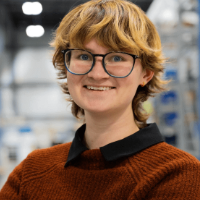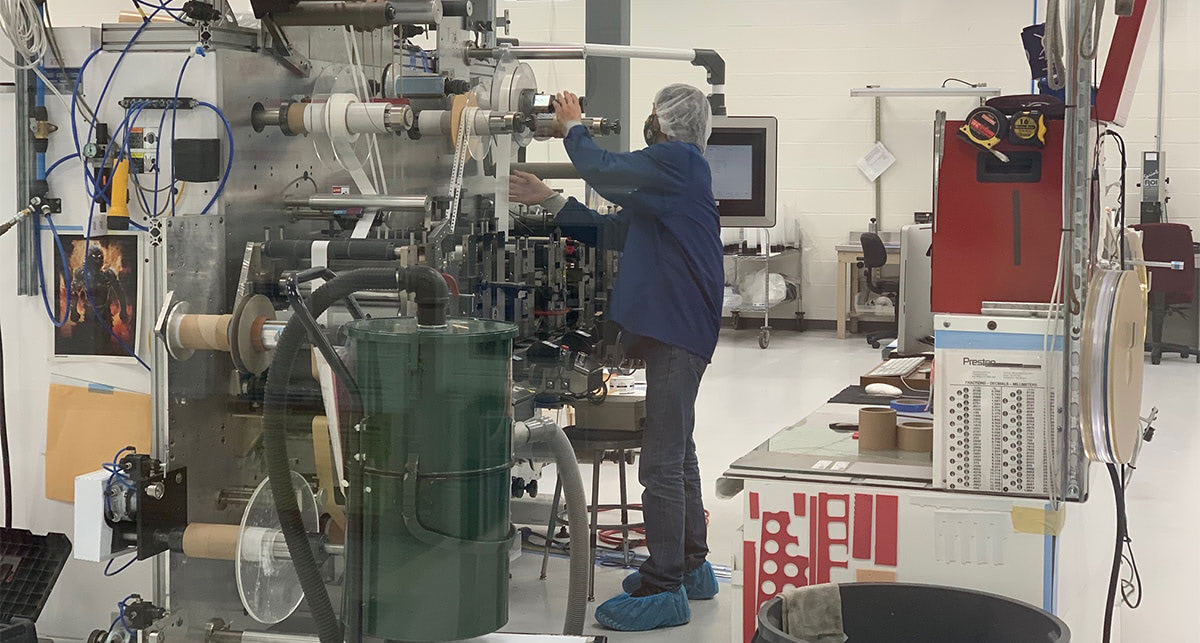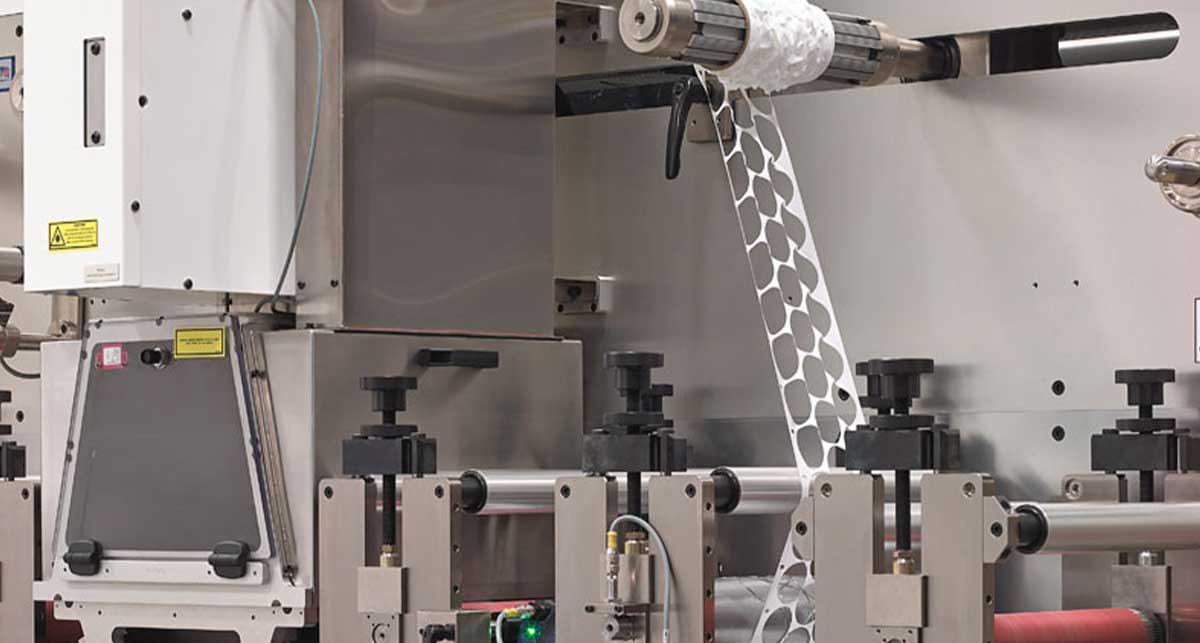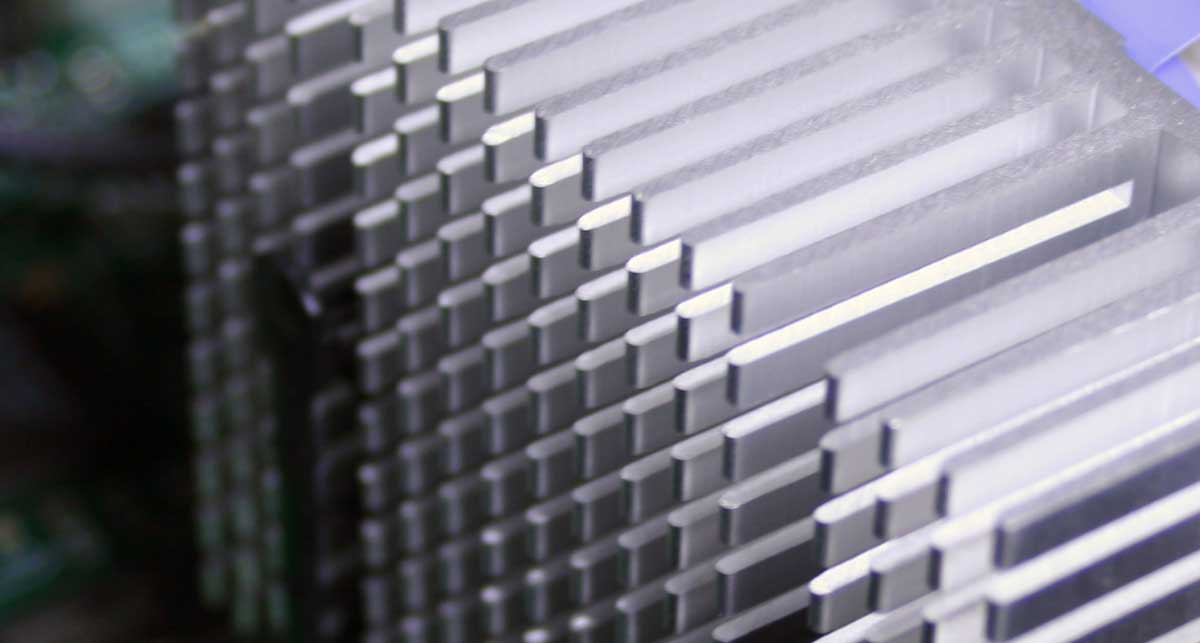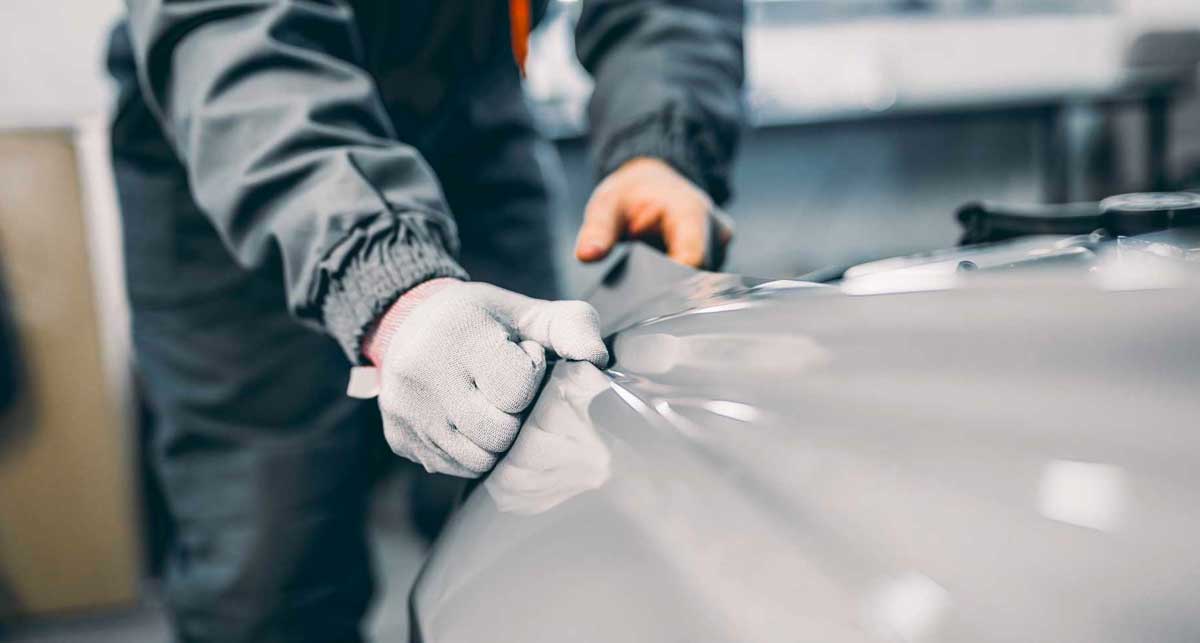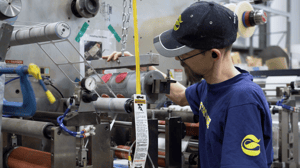The eternal manufacturing question: should I do this myself or hire a pro to do it for me?
If you’re interested in building your own products, you’ve likely considered purchasing a die cut machine. However, rather than buying a machine immediately, you’ll naturally want to weigh the advantages of purchasing a machine or working with a converter.
As a flexible material converter ourselves, we’ve bought our fair share of die cut machines. Because of this, we’re well aware of the cost risks and other potential negative repercussions of making this purchase and the types of companies we’ve seen thrive under outsourcing.
By reading this article, you should better understand what your next step looks like, whether that’s searching for machines or finding a converter to partner with.
What is Die Cutting Used For?
Die cutting is used to cut shapes from flexible materials used as part components in product assembly.
A die cut machine refers to a rotary or flat bed die cut machine that can be outfitted with tools for cutting, printing, and adhesive bonding or lamination.
Should I Buy a Machine or Hire a Converter?
Like any other business decision, the choice between insourcing and outsourcing depends on your ultimate business goals. If you’re a larger business looking for highly specialized parts, then it’s likely that you could benefit from outsourcing. However, the same could be true for a startup company that doesn’t have the in-house ability for full-scale manufacturing.
To ensure you get a clear view of both options, we’ll be providing you with a pros and cons list for each.
BUYING A DIE CUT MACHINE
Buying a die cut machine allows you to dictate how your products are made in further detail. You can customize components however you want without stressing about constant back-and-forth sample exchange.
PROS
- It’s yours to do what you want with it
- You’ll always have full disclosure of the processes involved
- Reduce the amount you’re shipping or the chance of delays
CONS
- You’ll need the experience to run the machine (and solve any working issues that occur)
- You’ll need to pay for repair fees
- The initial upfront cost will be expensive
- All tooling upfront and replacement costs will fall on your shoulders
Unfortunately, buying a die cut machine comes at the price of training and upkeep on top of the initial machine cost. These machines can be incredibly sensitive depending on the type of material you’re working with or the complexity of your design, and they require the right experience to run them.
HIRING A FLEXIBLE MATERIAL CONVERTER
Having converting knowledge will allow you to tap into another area of expertise. Adhesive converters have years of experience working with different flexible materials, which is why they will produce your part and optimize it for more cost-effective manufacturing.
PROS
- You receive all the benefits of converting knowledge
- You don’t need to worry about repairs
- You pay partial tooling costs
- It saves you the cost of buying the actual machine
CONS
- Less direct control over operations
- You won’t be privy to every detail of the process
The cost of die cut machines is nothing to scoff at, and hiring a flexible material converter can save you the high initial cost.
When you hire a converter, factors such as machine repair fall onto their shoulders, saving you money. In addition, some converting companies account for partial tooling costs, meaning you might pay for the initial price of the tool and one re-tool, but none of the re-tooling afterward.
Where Can I Find the Right Machines?
If you’ve read through this and you still think a die cut machine makes more sense, here are some brands on the market that we trust:
- Delta ModTech — Rotary die cutting
- Preco LLC — Flat bed die cutting
- Zund — Digital knife
How Do I Find a Converter?
Sadly, finding a converter isn’t as exciting as chanting “Custom tape!” until they appear in the middle of your office; instead, it’ll take some research.
Finding the best converter for your project is all about ability and experience. Your ideal converter can build your parts with the right tools and expertise to optimize your production process.
Are you looking for a converter? You can start by scheduling a project consultation to discuss your design and application so Strouse can help you begin your product journey.
If you’re hoping to switch converters, you’ll want to consider the factors leading you to change before jumping into a new converter or a machine purchase.
Lastly, if you’d like to look at more information on die cutting and adhesive converting before taking that first step, feel free to check out our Learning Center.
